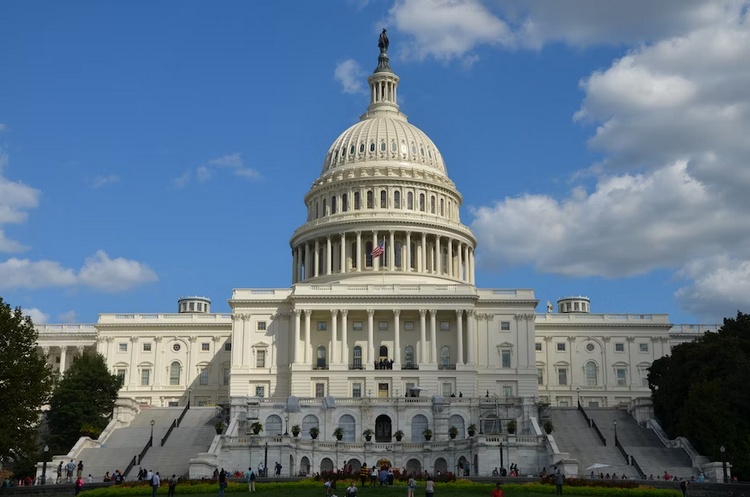April 19 NEC Energy News
¶ “Biodiversity Targets May Be Slipping Out Of Reach – Study” • A study published in the Royal Society journal, Proceedings B says effects of climate change and habitat loss on animal populations have been underestimated. Scientists say preventing extinctions may take longer than expected and that unless we act now global biodiversity targets will be out of reach. [BBC]

¶ “Fukushima’s Fishing Industry Survived A Nuclear Disaster. Twelve Years On, It Fears Tokyo’s Next Move May Finish It Off” • After the Fukushima nuclear disaster, the area’s fishermen found their fish were banned. After that no one would buy them. Now Japan plans to gradually release over 1 million metric tons of filtered wastewater into the Pacific Ocean. [CNN]
¶ “The Great Pacific Garbage Patch Is Now Permanent And So Huge That A Coastal Ecosystem Is Thriving On It” • Scientists are finding thriving communities of coastal creatures thousands of miles from their original home on plastic debris in the Great Pacific Garbage Patch, a 620,000 square mile swirl of trash in the northern Pacific Ocean. [CNN]
¶ “House Fails To Override Biden’s Veto Of Resolution To Overturn EPA Water Rule” • The House of Representatives failed to override President Joe Biden’s veto of a resolution to overturn an EPA water rule. Republicans argue that the rule puts a burden on the agriculture community by being too restrictive in defining what is a navigable waterway. [CNN]

¶ “A Quarter Of Americans Live With Polluted Air. People Of Color And Those In Western States Disproportionately Affected” • About 1 in 4 people in the US breathe polluted air that can hurt their health and shorten their lives, a report from the American Lung Association says. People of color are disproportionately affected, as are residents of Western cities. [CNN]
¶ “University Of Vermont Pledges To Go Carbon Neutral By 2030” • The University Of Vermont has committed to achieving carbon neutrality on campus by 2030 in a new Comprehensive Sustainability Plan. The university will prioritize decarbonization and develop a plan to “green” campus labs, reduce generation of waste, and more. [WPTZ]
For more news, please visit geoharvey – Daily News about Energy and Climate Change.
